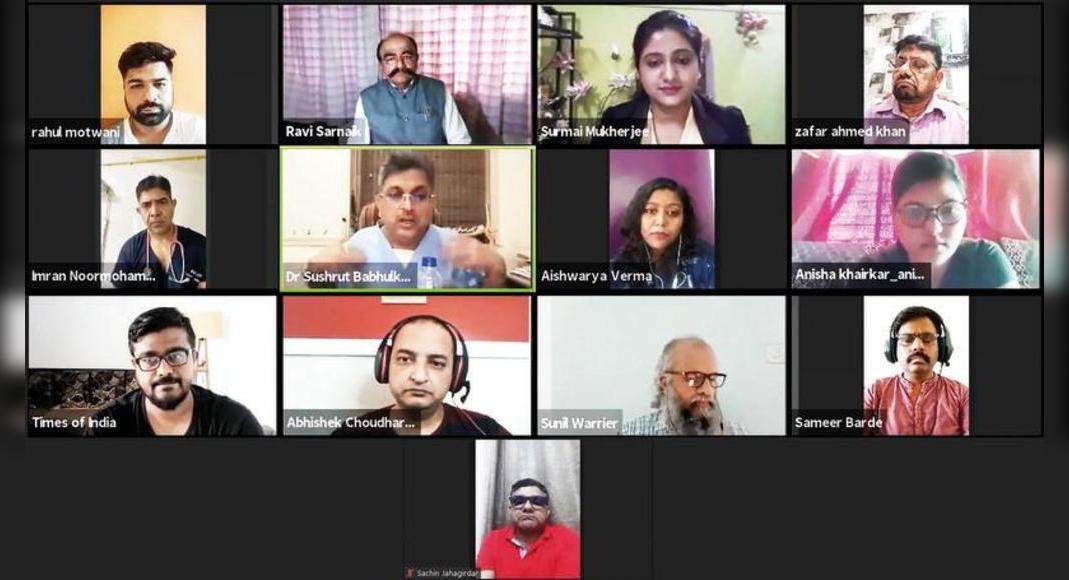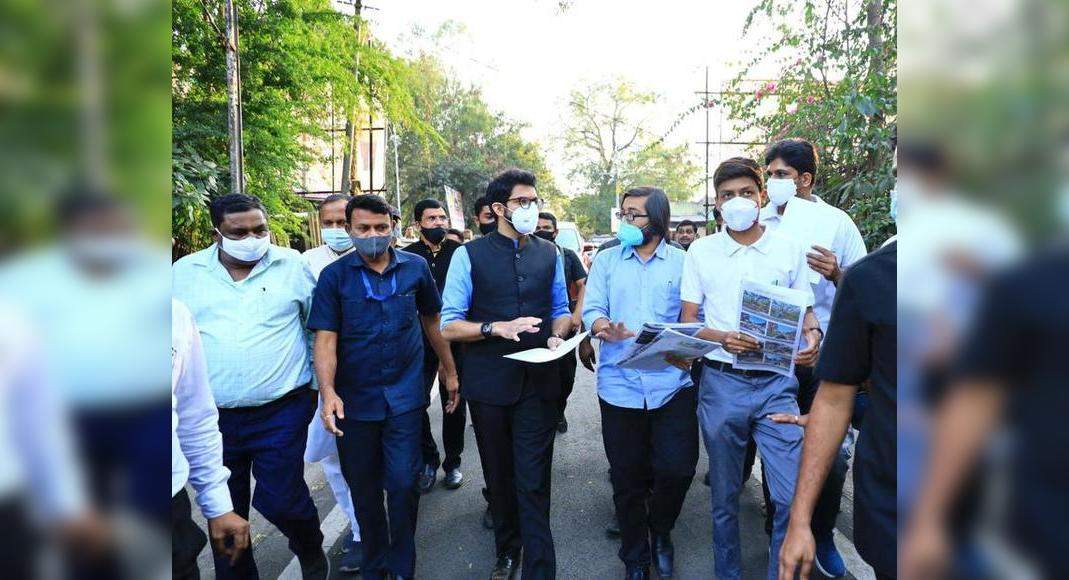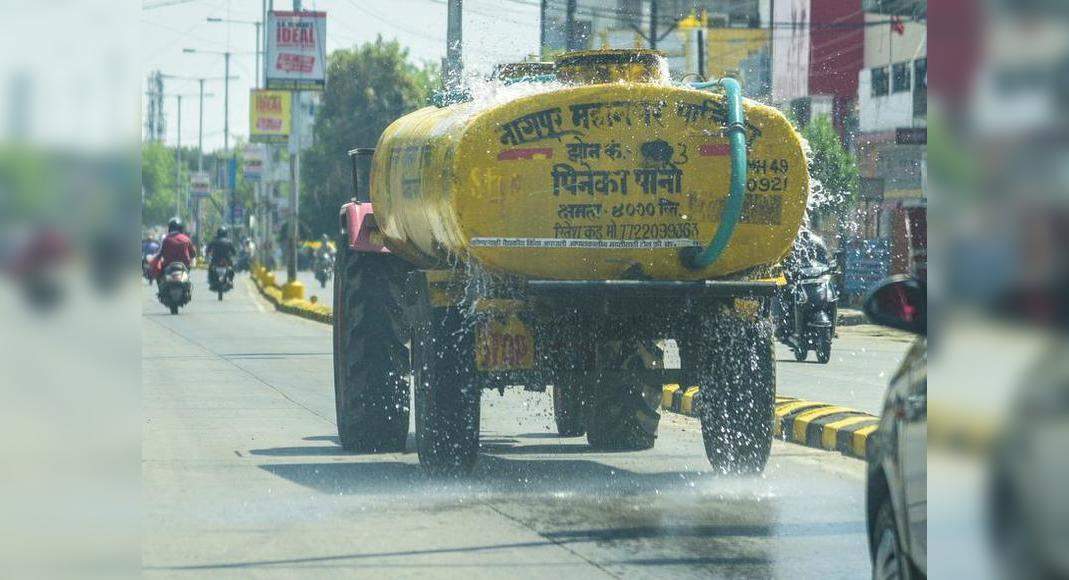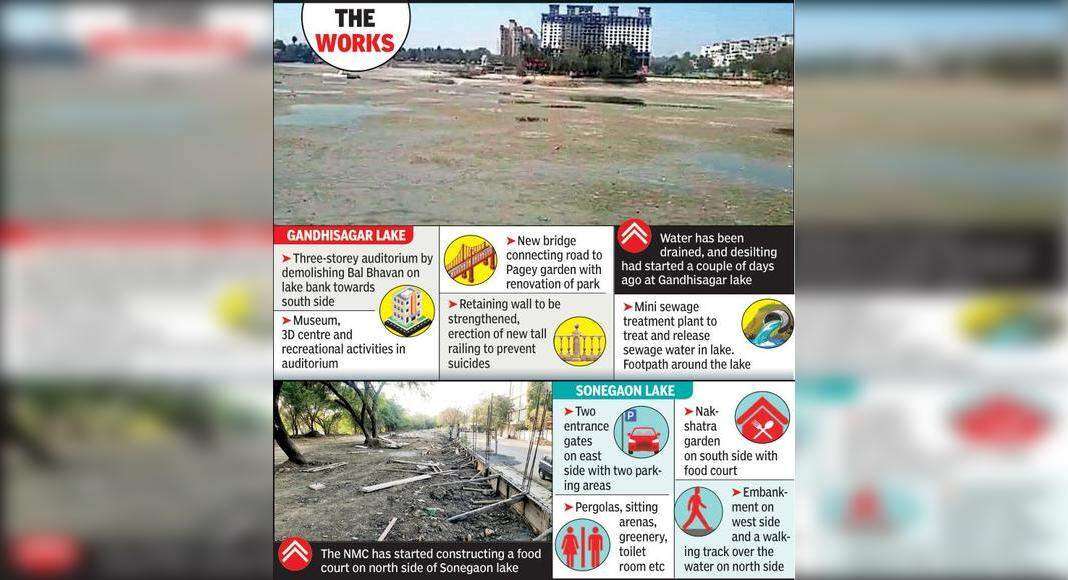Nagpur: Experts are predicting the third wave of Covid-19 could be more devastating than the second.
The state Covid task force is foreseeing it to hit us as early as July-end or the beginning of August.
For Dr Ravindra Sarnaik, member of the District Covid Task Force (DCTF), the predictions are derived from historical manifestations across the globe, behaviour of people, modifications in the virus and other factors.
“Though the second wave is waning, it is still there.
Various epidemiologists are predicting the third wave from the second week of August to October end,” he said.
Dr Sarnaik was concerned about asymptomatic patients due to which there are fresh cases every day.
The second wave showed us that cases suddenly shoot up, catching everybody off guard.
So, are we ready if somethings of that scale happens again? Dr Sushrut Babhulkar, orthopaedic surgeon who has managed a Covid hospital, pointed to data from UK where most of the cases are now being reported among the 10-14 age group.
“We have very less hospitals for paediatric patients if the virus there comes to India.
We don’t know yet what will happen and when there will be a storm of paediatric cases,” he said.
There is also fear that the third wave might bring new complications like mucormycosis seen during the second wave.
Dr Imran Noor Mohd, member, DCTF, revealed that mucormycosis cases were there during the first wave also but went unreported.
“During the second wave, people went for hospitalization when it was not needed and deserving patients were left to die at home.
Almost 40-50% admissions are unwarranted,” said Dr Imran, stressing for a centralized admission procedure to avoid such a situation in the future.
Looking at the downside of restrictions like economic loss for businesses as well as academic loss for students, where do we draw the line? Dr Imran feels that most of the population in Nagpur has already been infected.
“There’s still a chance that we may not see a severe third wave but there could be surges in clusters for which we need to be careful and impose restrictions accordingly,” he said.
For Dr Babhulkar, there can be no numerical value attached to cases to lift restrictions and even a single case should be alarming.
“Cases are still high in western Maharashtra.
The Delta variant is highly transmissible,” he said and cited studies that point out that a majority of people are still not wearing masks and following Covid-appropriate behaviour.
Dr Babhulkar urged people and doctors not to relax.
“Don’t let Covid fatigue set in,” he said.
Dr Sarnaik explained that the moment test positivity rate (for RT-PCR) crosses 10.4%, there is a problem.
“This is an epidemiological way of looking at the spread.
And till the time pandemic is over, every individual must know that they are likely to get infected and bring the virus home if they venture out for any purpose.
If everybody knows this and adheres to protocols, the severity of the third wave can be substantially reduced,” he said.
Cases have drastically declined in Nagpur, yet restrictions continue, leading to economic losses.
Entrepreneur Sachin Jahagirdar said the word ‘lockdown’ has now been replaced by ‘restrictions’ “but even if you change the terminology, the ground reality is different”.
Don’t use same yardsticks for all sectors as every industry has its own timing and requirements.
According to Jahagirdar, the on-off restrictions and timing deadlines are killing businesses.
“Along with health infrastructure, we should also look at the wealth infrastructure aspect too,” he said.
On whether schools should be reopened, at least in Nagpur, senior academic Zafar Khan said that looking at what doctors and ICMR have said about the 4-14 age group being more vulnerable to the infection, physical classes can restart from Std IX and for college students.
Student participants in the debate said they are missing their social life due to closure of schools and colleges.
“School and college days are an important part of our lives.
It’s hard to study on an online platform.
There is connectivity issue, especially in rural areas,” said Surmai Mukherjee, an undergraduate student.
Recalling the closure of colleges after the first lockdown, another UG student Anisha Khairkar said that initially, they thought it would be like a 15-day vacation but that was not to be.
“And then came online classes, which have been so difficult,” said Anisha, adding, the situation is still so uncertain.
It’s been difficult for teachers as well, feels Aishwarya Varma, a post-graduate student.
“They are not sure whether the students are focusing on the class or understanding what’s being taught,” she said and added that guidelines need to be followed.
“Students should come to colleges only after getting fully vaccinated.
Youngsters need to take care of their elders,” she said.
Statistics prove that a prolonged stay at home and restrictions due to the pandemic are taking a toll on mental health.
“It’s been agonizing, especially for jobless people who don’t have another source of livelihood,” said Rahul Motwani, an anti-suicide campaigner.
He stressed the government should take the initiative to show some way to such youths.
“Families too support the earning member who has lost his job or is facing financial woes,” he said.
Coming back to the situation during the second wave when the administrators were in a catch-22 situation regarding the heath of people and the economic fallout of restrictions, Dr Sarnaik said, “If we are so worried about the economy, try counting money by holding your breath.
Whatever unlocking is happening can lead to a resurgence in cases.
The community needs to safeguard its health,” he said.
Dr Imran too agreed that administrators are in a peculiar position.
“This is a worldwide phenomenon.
We can’t scale up the number of beds or oxygen plants overnight.
Ultimately, the onus is on the community to protect itself.
People should follow Covid-appropriate behaviour, which is very easy,” he said.
Dr Bahulkar too said it’s very difficult for the authorities as people lack civic sense.
He cited crowding at markets and functions after restrictions have been eased.
“Authorities and government will have to take stringent steps,” he said.





